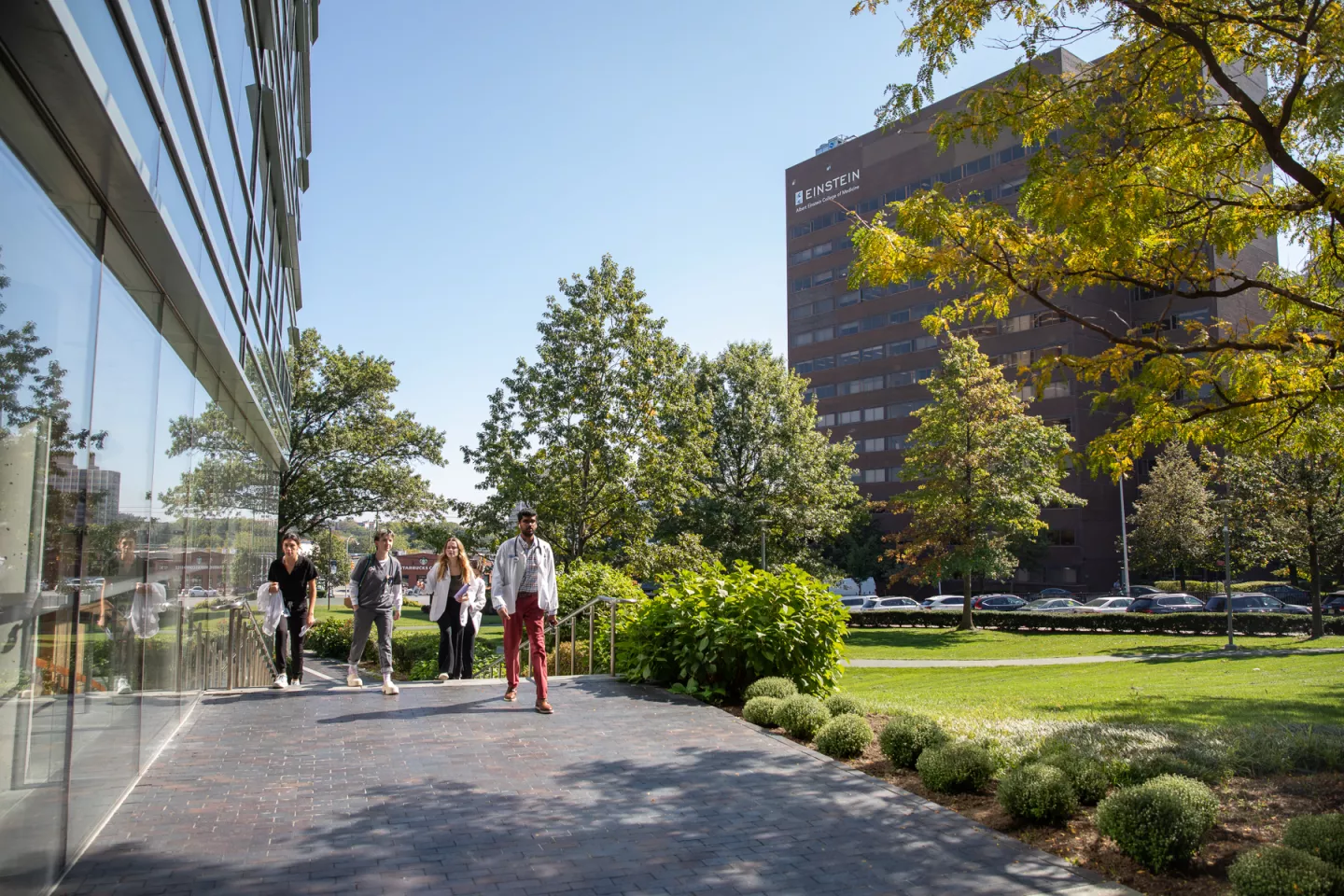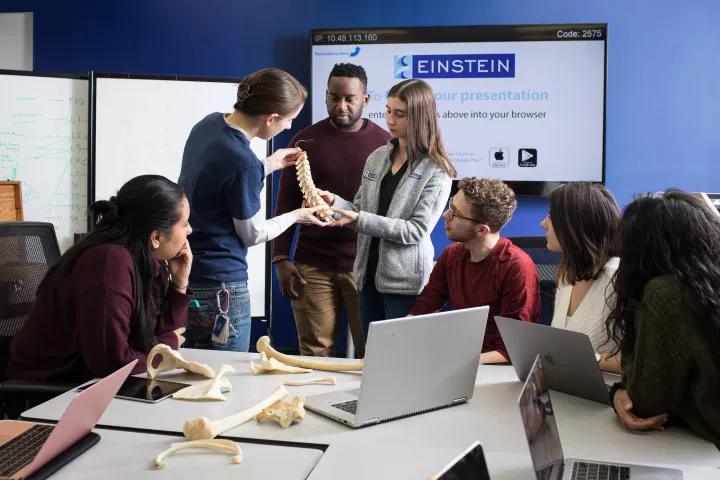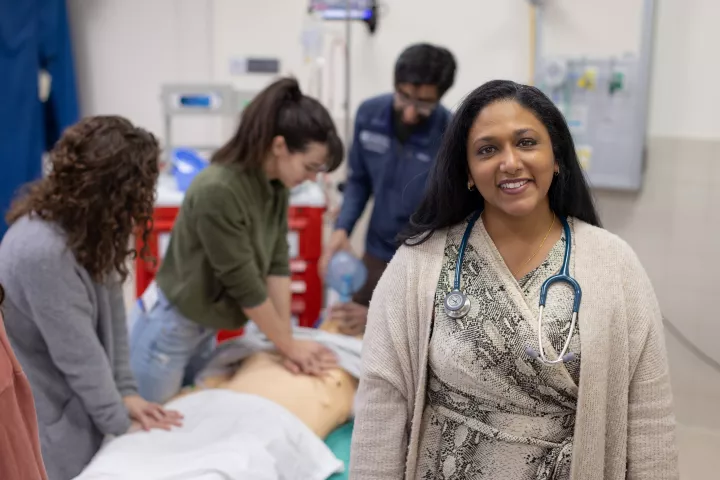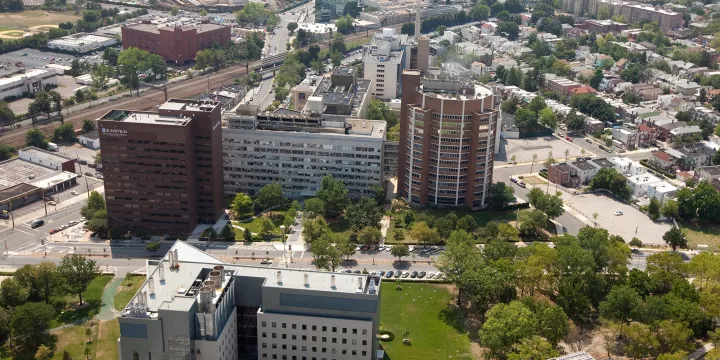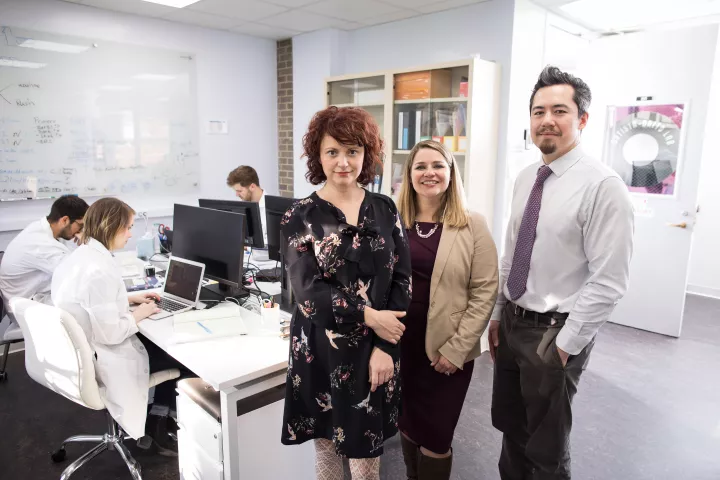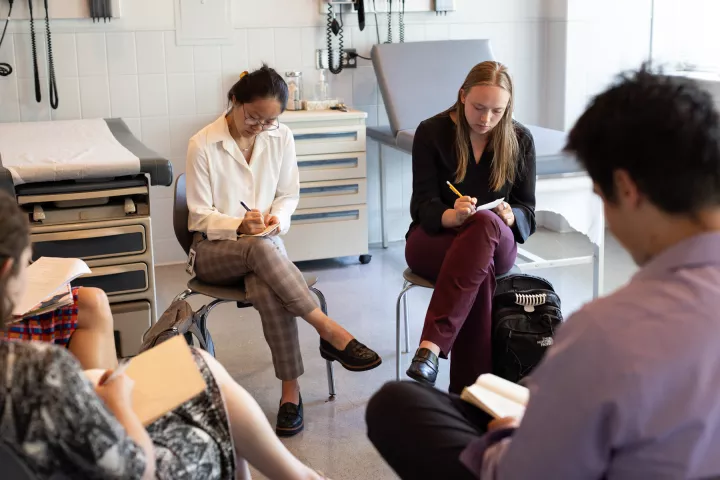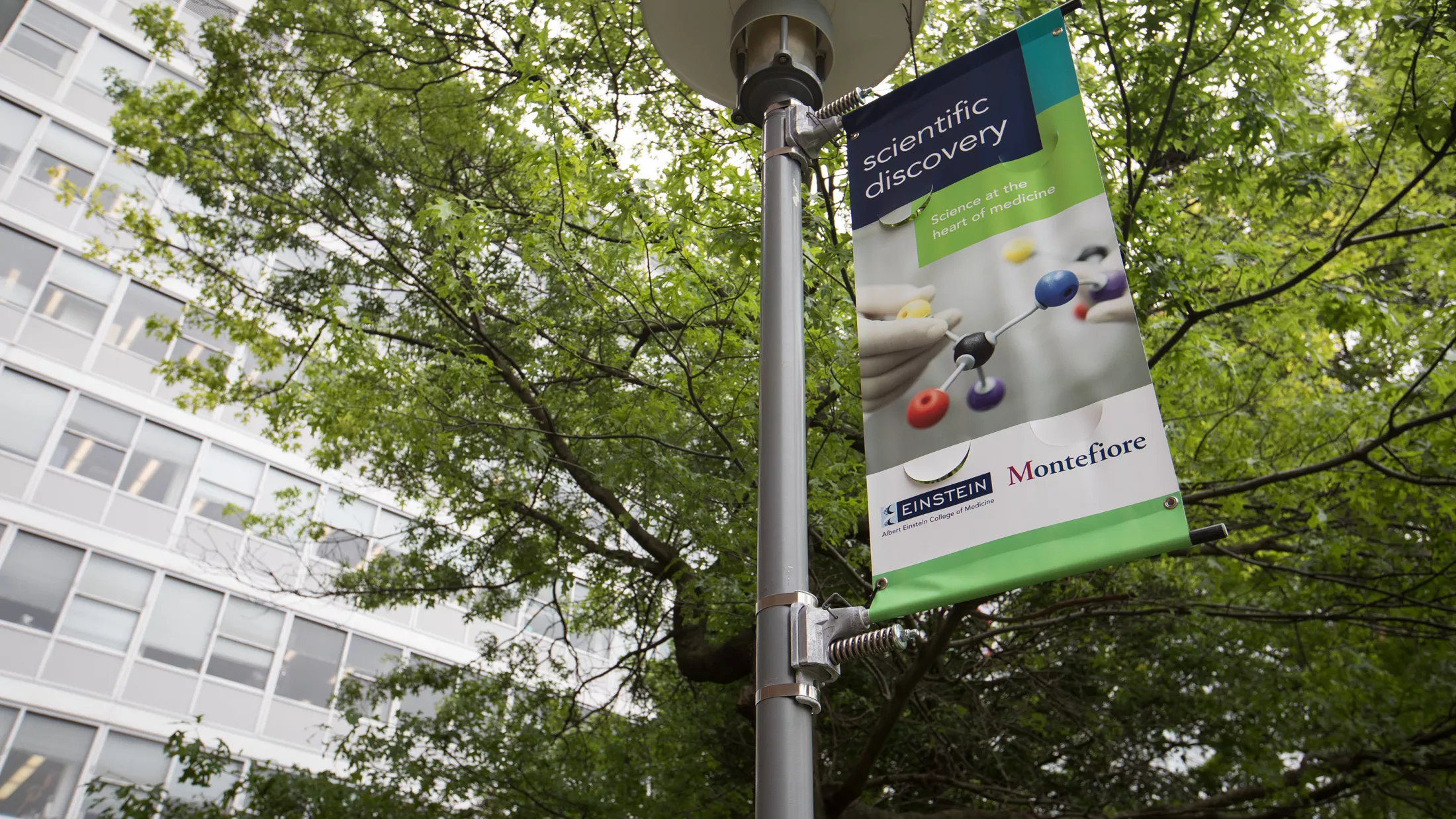An Innovative Approach to Medical Education
The M.D. curriculum at Albert Einstein College of Medicine provides students in our M.D. program with the knowledge and skills necessary to succeed in medicine, while offering flexibility to participate in dual degree programs and global health learning and immersion experiences. Our M.D. curriculum incorporates a solid foundation in the biomedical, clinical, and health systems sciences with rigorous, hands-on clinical training in both private and public health systems, opportunities to pursue scholarly and research interests, and a commitment to service learning. Specific educational program objectives guide students to meet Einstein competencies to become physicians who are competent as healers, scientists, advocates, educators, colleagues, role models, and lifelong learners.
We continue to provide unmatched opportunities for our students to collaborate with local community-based organizations to improve healthcare for Bronx residents through a four-year service-learning course that all students take. At every stage of medical training at Einstein, we encourage students to learn not only from our expert clinical and research faculty, but also from community members and one another with cultural humility, intellectual curiosity, and commitment to excellence.
Contact Us
Office of Medical Education
Contact person

